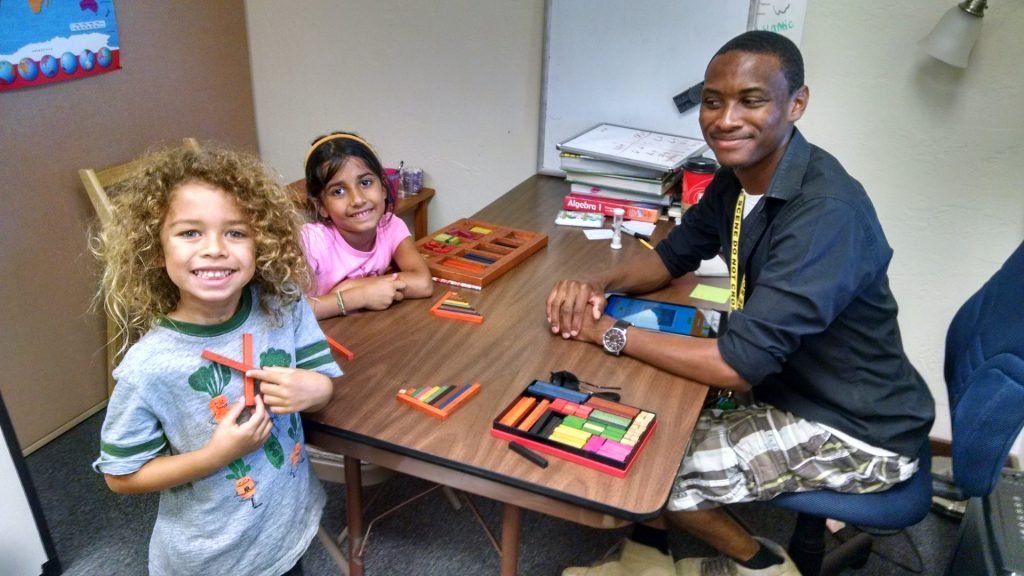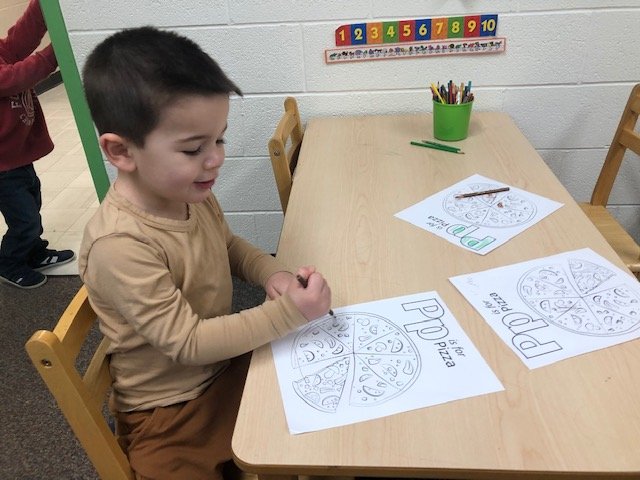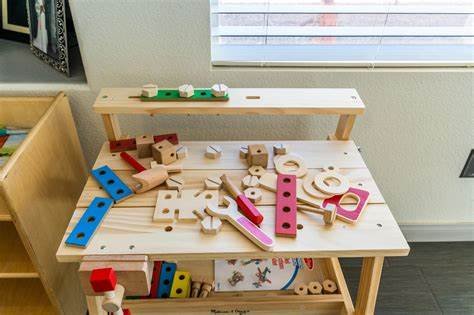Selecting the right preschool for your child is one of the most important decisions you can make as a parent. A preschool can significantly shape your child’s early education and social development, providing a foundation for future learning experiences. With many options available, it can feel overwhelming to know where to start. In this article, we will guide you through the essential factors to consider when choosing the right preschool for your child.
Understand Your Child’s Needs
The first step in choosing a preschool is to understand your child’s individual needs and temperament. Some children thrive in structured, academic environments, while others excel in creative, play-based settings. Consider whether your child needs more one-on-one attention, a strong social environment, or a focus on cognitive skills. Understanding your child’s learning style and personality will help you identify a preschool that suits their specific needs.

Consider the Curriculum and Educational Approach
Preschools often follow different educational philosophies, such as Montessori, Reggio Emilia, or Waldorf. Research these approaches and determine which one aligns best with your educational values and your child’s learning style. Montessori, for example, emphasizes self-directed learning and hands-on experiences, while Reggio Emilia focuses on inquiry-based learning and creative expression. Understanding the curriculum will give you a clear idea of what your child will be learning and how their development will be supported.
Evaluate the Teachers and Staff
The quality of teachers and staff is critical to the success of any preschool. Look for educators who are not only qualified but also passionate about early childhood education. Check the teacher-to-child ratio to ensure that your child will receive adequate attention. A lower ratio often means more individual support and a better learning environment. Additionally, observe the interactions between teachers and children. Teachers should be warm, patient, and encouraging, helping to foster a safe and supportive atmosphere.
Visit the Preschool
Visiting the preschool in person is essential to get a feel for the environment. During your visit, take note of the cleanliness, safety measures, and overall atmosphere of the school. Is the space welcoming and well-organized? Are there age-appropriate learning materials and play areas? You should also assess whether the school offers a balanced schedule of structured activities and free play, as both are important for your child’s development.
Ask About the Preschool’s Communication and Parent Involvement
Effective communication between parents and the preschool is crucial for your child’s success. Ask how the school keeps parents informed about their child’s progress and any important events or updates. Does the school hold regular parent-teacher meetings? Is there an open-door policy where parents can discuss concerns or ask questions? In addition, consider how much involvement you can have in your child’s preschool experience. Some schools may offer opportunities for volunteering or participation in classroom activities.
Check the School’s Reputation
A preschool’s reputation can provide valuable insights into its quality. Ask other parents for recommendations and read online reviews or ratings. Word-of-mouth feedback from other families can give you an idea of what to expect and whether the preschool is a good fit for your child. Additionally, check if the preschool is accredited by a recognized educational body, as accreditation ensures that the school meets certain standards of quality.
Consider the Location and Schedule
The location and schedule of the preschool are also important factors to consider. Choose a preschool that is conveniently located, preferably close to your home or workplace, to make drop-off and pick-up easier. You should also check the school’s hours to see if they fit with your work schedule. Some preschools offer extended hours or aftercare programs, which can be helpful if you need flexible childcare options.
Trust Your Instincts
Ultimately, trust your instincts when choosing a preschool. If you feel comfortable with the environment, teachers, and curriculum, it’s likely a good fit for your child. Pay attention to how your child reacts during visits or interactions with the preschool staff. If they feel comfortable and excited, it’s a good sign that the preschool will be a positive experience.
Conclusion
Choosing the right preschool is a big decision that sets the stage for your child’s educational journey. By considering factors such as your child’s needs, the curriculum, the teachers, and the school’s reputation, you can make an informed choice. Don’t forget to visit the preschool in person and trust your instincts about the environment. Ultimately, the right preschool will nurture your child’s development, foster their love for learning, and help them build a strong foundation for the future.










